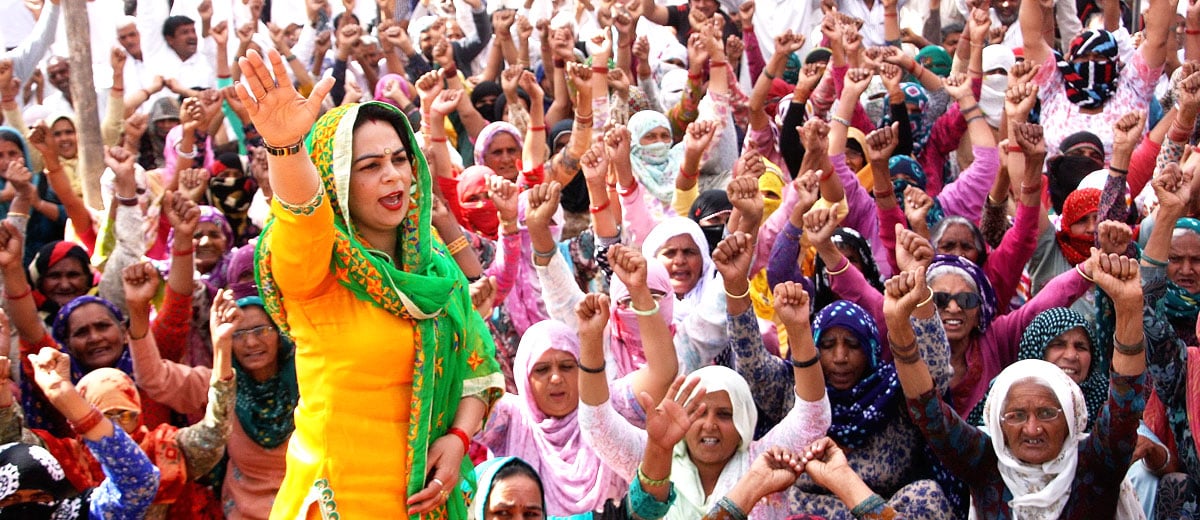The references answered your questions. Humans as well as primates justify their lies, stealing, and murder, but none the less they are lies, stealing and murder. Wrongness reflects the community standards in both human and primate communities.
Punishment in primate communities.
http://dericbownds.net/uploaded_images/Wade_chimp.pdf
Scientist Finds the Beginnings of Morality in Primate Behavior
By NICHOLAS WADE
Some animals are surprisingly sensitive to the plight of others. Chimpanzees, who cannot swim, have drowned in zoo moats trying to save others. Given the chance to get food by pulling a chain that would also deliver an electric shock to a companion, rhesus monkeys will starve themselves for several days. Biologists argue that these and other social behaviors are the precursors of human morality. They further believe that if morality grew out of behavioral rules shaped by evolution, it is for biologists, not philosophers or theologians, to say what these rules are. Moral philosophers do not take very seriously the biologists’ bid to annex their subject, but they find much of interest in what the biologists say and have started an academic conversation with them. The original call to battle was sounded by the biologist Edward O. Wilson more than 30 years ago, when he suggested in his 1975 book “Sociobiology” that “the time has come for ethics to be removed temporarily from the hands of the philosophers and biologicized.” He may have jumped the gun about the time having come, but in the intervening decades biologists have made considerable progress. Last year Marc Hauser, an evolutionary biologist at Harvard, proposed in his book “Moral Minds” that the brain has a genetically shaped mechanism for acquiring moral rules, a universal moral grammar similar to the neural machinery for learning language. In another recent book, “Primates and Philosophers,” the primatologist Frans de Waal defends against philosopher critics his view that the roots of morality can be seen in the social behavior of monkeys and apes. Dr. de Waal, who is director of the Living Links Center at Emory University, argues that all social animals have had to constrain or alter their behavior in various ways for group living to be worthwhile. These constraints, evident in monkeys and even more so in chimpanzees, are part of human inheritance, too, and in his view form the set of behaviors from which human morality has been shaped. Many philosophers find it hard to think of animals as moral beings, and indeed Dr. de Waal does not contend that even chimpanzees possess morality. But he argues that human morality would be impossible without certain emotional building blocks that are clearly at work in chimp and monkey societies. Dr. de Waal’s views are based on years of observing nonhuman primates, starting with work on aggression in the 1960s. He noticed then that after fights between two combatants, other chimpanzees would console the loser. But he was waylaid in battles with psychologists over imputing emotional states to animals, and it took him 20 years to come back to the subject.
He found that consolation was universal among the great apes but generally absent from monkeys — among Scientist Finds the Beginnings of Morality in Primate Behavior - N...
Scientist Finds the Beginnings of Morality in Primate Behavior (Published 2007)... 2 of 4 3/20/07 10:47 AM macaques, mothers will not even reassure an injured infant. To console another, Dr. de Waal argues, requires empathy and a level of self-awareness that only apes and humans seem to possess. And consideration of empathy quickly led him to explore the conditions for morality. Though human morality may end in notions of rights and justice and fine ethical distinctions, it begins, Dr. de Waal says, in concern for others and the understanding of social rules as to how they should be treated. At this lower level, primatologists have shown, there is what they consider to be a sizable overlap between the behavior of people and other social primates. Social living requires empathy, which is especially evident in chimpanzees, as well as ways of bringing internal hostilities to an end. Every species of ape and monkey has its own protocol for reconciliation after fights, Dr. de Waal has found. If two males fail to make up, female chimpanzees will often bring the rivals together, as if sensing that discord makes their community worse off and more vulnerable to attack by neighbors. Or they will head off a fight by taking stones out of the males’ hands. Dr. de Waal believes that these actions are undertaken for the greater good of the community, as distinct from person-to-person relationships, and are a significant precursor of morality in human societies. Macaques and chimpanzees have a sense of social order and rules of expected behavior, mostly to do with the hierarchical natures of their societies, in which each member knows its own place. Young rhesus monkeys learn quickly how to behave, and occasionally get a finger or toe bitten off as punishment. Other primates also have a sense of reciprocity and fairness. They remember who did them favors and who did them wrong. Chimps are more likely to share food with those who have groomed them. Capuchin monkeys show their displeasure if given a smaller reward than a partner receives for performing the same task, like a piece of cucumber instead of a grape. These four kinds of behavior — empathy, the ability to learn and follow social rules, reciprocity and peacemaking — are the basis of sociality. Dr. de Waal sees human morality as having grown out of primate sociality, but with two extra levels of sophistication. People enforce their society’s moral codes much more rigorously with rewards, punishments and reputation building. They also apply a degree of judgment and reason, for which there are no parallels in animals. Religion can be seen as another special ingredient of human societies, though one that emerged thousands of years after morality, in Dr. de Waal’s view. There are clear precursors of morality in nonhuman primates, but no precursors of religion. So it seems reasonable to assume that as humans evolved away from chimps, morality emerged first, followed by religion. “I look at religions as recent additions,” he said. “Their function may have to do with social life, and enforcement of rules and giving a narrative to them, which is what religions really do.” As Dr. de Waal sees it, human morality may be severely limited by having evolved as a way of banding together against adversaries, with moral restraints being observed only toward the in group, not toward outsiders. “The profound irony is that our noblest achievement — morality — has evolutionary ties to our basest behavior — warfare,” he writes. “The sense of community required by the former was provided by the latter.”
Yes human morals and ethics are more sophisticated, but nonetheless primitive morals and ethics, reward and punishment exist in primate communities.
I give you what you asked for and you respond by Duck, Bob and Weave antics.



